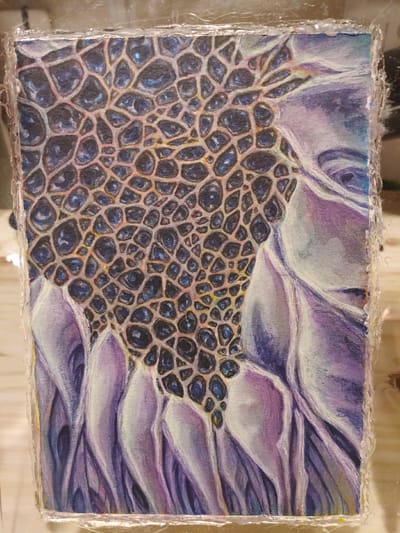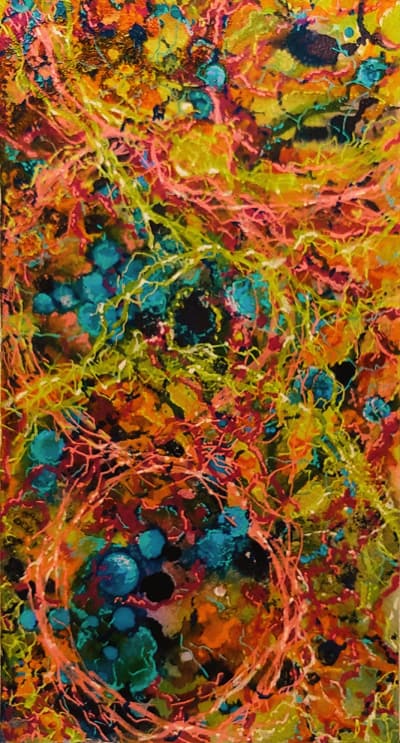Still kicking, no thanks to my doctors
Hey, checking in to let people know I’m alive and on my way to finally getting better. I kept trying to write this a few times over the last months, each time something big just kicking my ass and making it all feel moot. I ended up with Covid, then had multiple adrenal crises, currently mid antibiotic treatment of an abscessed tooth where the antibiotics have me losing all my electrolytes during this heat wave.
Seriously though, I haven’t posted because I’m angry, and I don’t like that seeping into my writing world. I finally figured out what’s been kicking my ass these last years and it’s been incompetence at the medical level. My doctors weren’t treating my adrenal insufficiency properly, which led to chronic salt wasting, which is why I became magnesium deficient. It’s also why my teeth are disintegrating — my body kept trying to cure the electrolyte imbalance by stripping nutrients from my bones and teeth to keep me alive, including calcium.
Worse, after I was ignored at the endocrinologist level when I went in certain that I was salt wasting and needed aldosterone support to survive, I asked my PCP to run the tests. Not only was the magnesium deficiency found then, but so was the low aldosterone. But their whatever — I don’t know who fucked it up, but someone did — they posted a limited version of the labs I took that day and claimed my aldosterone was in range without posting the range. I recently went online to the clinic that did the test; it wasn’t in range, with instructions that they couldn’t flag the abnormal results because of the sliding scale of a range.
This could have been solved a year ago. Instead I’ve been on the brink of death, my brain so scrambled from poor vascular tone that I couldn’t even remember what aldosterone was until my 3rd adrenal crisis related to Covid — and the endos I asked for help during that time said fucking nothing, because this system is so ignorant they think pituitary based adrenal insufficiency can’t have aldosterone impairment. I’ve had symptoms of low aldosterone since my fucking teens. I’ve been on fludrocortizone in the past. But these fucking doctors refused to listen and left me for dead and I’m fucking angry. I have lost 12 years of my life to a “mysterious illness” that was just a cluster of cysts in my pituitary, and when that was discovered, it was supposed to be treated properly. But it wasn’t, because ignorance, incompetence, and refusal to listen to the patient or take/read labs.
Do you know how hard it is to be the “perfect patient” so you’re allowed to live, only to learn, nope, the system and doctors that are part of the system are too ignorant to follow through? The first endocrinologist I saw made a claim so insane, never-mind wrong, that I have questioned endocrinologists to this very day as a result. He claimed that by taking armor thyroid instead of the medication that caused my pulse to race, that I was “giving myself adrenal insufficiency”. It took years to get confirmation that there were cysts in my pituitary and for me to realize just how fucking ignorant and abusive such a statement was by a doctor to ever say that to a patient. Would you blame someone for cancer? Well apparently endocrinologists might think that’s the first option.
You know what saved my life when I was crashing again and again during Covid, unable to figure out wtf was wrong? ChatGPT. Apparently AI is going to be the thing that listens to patients when doctors continuously ignore or give up. It pushed me to actually find the raw lab data that was taken to see if there was anything useful, which was when I learned my aldosterone was confirmed low months ago and it was completely ignored. Not just ignored—they told me I was in normal range when I was fucking salt wasting and losing all my electrolytes. And my first thought? How could I have been so stupid as to believe them as the medical system victimized me again? How could I have not checked everything, while my brain was so broken, my body so undernourished, near passing out multiple times a week, while being told my “labs are fine”.
Why the fuck is this okay? Where is the accountability for these systems? I’m not getting those years back, ever. The long term damage to my body this has caused isn’t going to magically heal, nor am I magically going to end up out of poverty when I’ve been unable to do anything but sit in bed most days. I have been clinging to a thread, living on vapors, my body taking an entire week to digest food, and when the lab results were right there in black and white, they claimed it’s “fine”.
It wasn’t fucking fine.
Here I am again, just fucking ranting. I’m so done with these shit doctors. I have an appointment with some specialist clinic out of Boston, a total bitch of a trip, but they understand pituitary based adrenal insufficiency. (Guess how I learned about them? ChatGPT! Seriously life saving). But first I have to provide all my records, because my PCP didn’t even tell them about the pituitary cysts, even though that’s literally the only reason I qualify to go there.
I have to get the fuck out of this area. I tried. When I got my first doctor after 3 months of waiting, and saw that she wasn’t that bright, I felt sorry for her, not once thinking of the consequences to me holding onto an incompetent doctor. Cuz I thought I could provide enough smarts to counter. Ask the right questions. Make them seem like they were doing all the work. But when you’re sick, you don’t get to be smart. My brain just flat-lined (so what was her fucking excuse?). There’s no negotiating with this illness. I needed a doctor who was competent, and when I ditched my last one, I had hoped my latest would be better because she TRIED. And that was such a huge improvement to ignorant and not trying. But it’s not enough. I need someone who actually cares if I stay alive and have a good quality of life. It sounds like the bare minimum, but apparently it’s not around here. Apparently the health care system is designed to keep healthy people healthy and to fuck over and ignore anyone who actually needs help.
This shouldn’t have happened, but it did on multiple levels, and I’m just done with it all.
I want to say I’ll be back writing soon, but I can’t promise anything. I don’t know how I’m going to be hour to hour atm, never mind day to day, and bluntly, I don’t have the luxury of escaping into fantasy right now. It has been all about survival at a level that I shouldn’t have had to be at when under the care of multiple specialists. This break has grown so long; it’s hard to remember who I used to be at this point. It’s shit. I’m so tired of this being presented as “okay” when I’m losing my one life day after day. They already know the fucking problem but they’re not treating it properly.
So it’s either the area, where doctors go to train and move to better, leaving behind the incompetent to fill in the spots no one wants. Or it’s the medical system itself that isn’t designed to actually help those who need help, even when they have the diagnosis. I can’t solve this problem of poor medical help even though it’s what’s killing me atm; I just have to find a place where the medical system isn’t incompetent by default.
I guess the positive thing is that I can feel anger. I can get angry now. I can feel my nerve endings again now that fluid is staying in my body and reaching all the organs. I can see how much I was fucked over because I’m feeling better and able to remember things — my fuck, what a waste of money taking magnesium daily only to piss it right out because nothing was supporting my aldosterone…
Whatever. I’m posting this, rants and all, cuz if I wait to be okay when talking about what happened, I’m never going to tell it. I shouldn’t feel okay about this. They left me for dead, repeatedly. Furious is fucking normal and the kindest response they deserve.
I hope you peeps are well and have a better situation going on. Stay hydrated in this crazy heat — make sure there is actual sugar and sodium in your electrolyte drink, because leaving either out can result in death no matter how fucking trendy it is to be alt/zero sugar and salt right now. Adequate hydration requires salt and sugar to live. Potassium drinks can exacerbate salt loss, and make dehydration worse so check your labels. Ignore the hype and sprinkle in the salt and sugar.




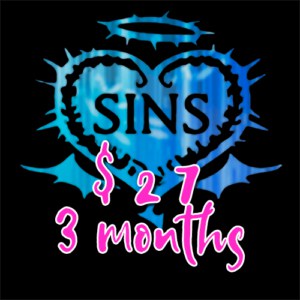
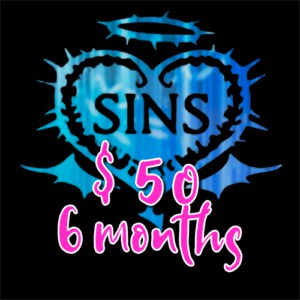
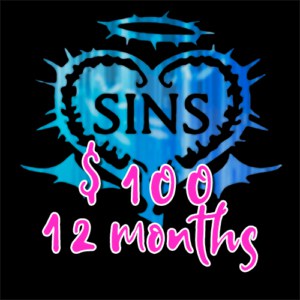


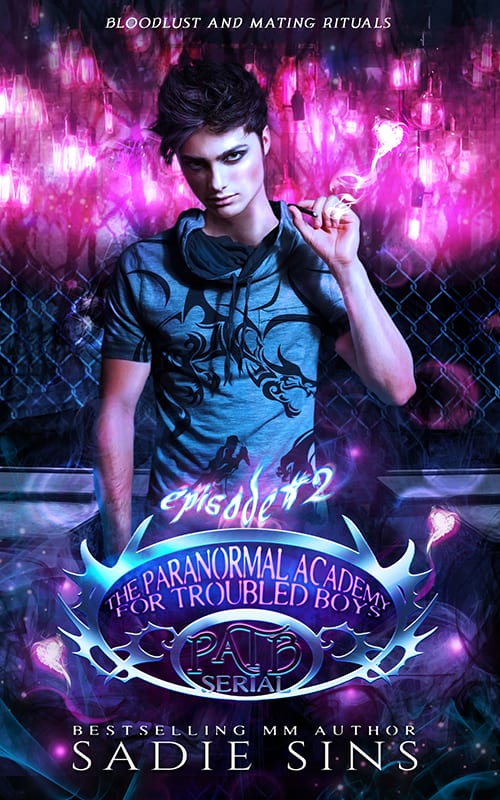

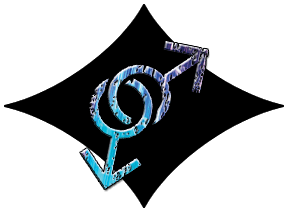 Checking In
Checking In